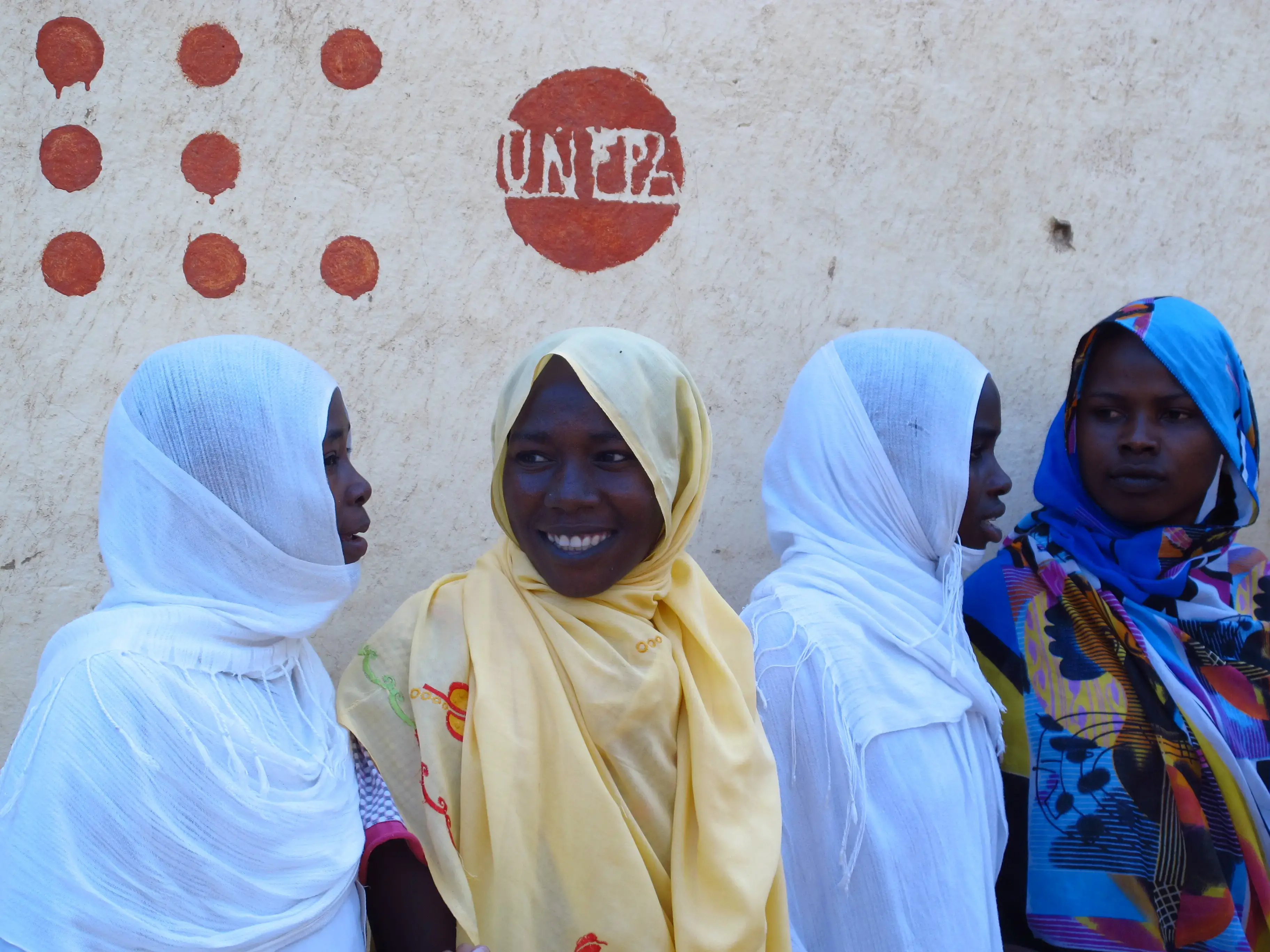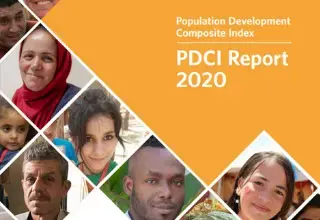“We have three children”, says Mohamed. “And we want to give all of them a good future.”
Mohamed, 37, and Um Ahmed, 32, married 16 years ago in Luxor, Egypt, where they were both born and raised. About a year into the marriage, Um Ahmed gave birth to their daughter Mariam, and two years later to their son Ahmed.
“After that, we decided we didn’t want any more children and started using family planning”, Mohamed explains. “We wanted to make sure the two children we had got a good education and were healthy.”
But for the next five years, Mohamed’s father pressured the couple to have more children, and finally they relented, giving birth to their third child, Mahmoud.
“After Mahmoud was born, I went on family planning again”, Um Ahmed says.
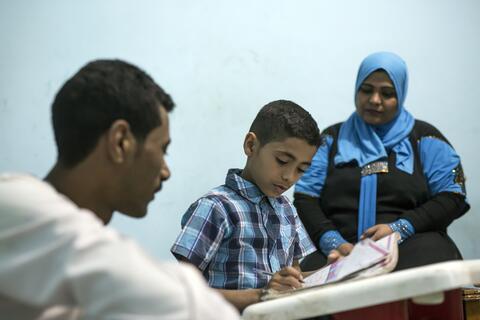
© UNFPA_Roger Anis
His job in construction had enabled Mohamed to provide a living for his family until about five years ago, when the flood of foreign visitors to Luxor’s historic sites diminished to a trickle, weakening the city’s economy and leaving Mohamed with no way to earn a living. The couple and their youngest son moved to Cairo, while the two older children stayed behind with family so they could continue their education.
Today, Mohamed works as a porter in an apartment building in Nasr City, Cairo’s most densely populated neighbourhood, and lives in modest quarters in the basement. He devotes part of his earnings to fees for his son’s school, which has small classes and well-trained teachers. His son says his favourite subject is mathematics and thinks about becoming a doctor when he grows up.
“Three children are more than enough”, Mohamed says. His wife agrees: “We want what’s best for the ones we have.”
Most want three children
Three is the number of children an average Egyptian wants, according to Magued Osman, chief executive officer of the Baseera Egyptian Centre for Public Opinion Research. But that average masks regional, rural and urban differences in ideal family size, ranging from a little more than two children in Alexandria to nearly five in Matruh Governorate in the north-western corner of the country.
And there are discrepancies between the number of children people want and the number they actually have. While the average desired number of children nationwide is 3.0, the number they have is 3.5.
“How many children you want depends on where you live, how you live and whether you were socialized to have at least one boy”, says Germaine Haddad, UNFPA assistant representative in Cairo. How many you actually have can depend on pressures from family, gender bias in inheritance laws, and income. And it often depends on access to modern contraception and accurate information about its safe use.
Informed choices
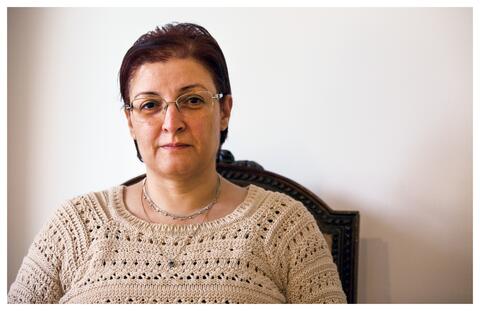
choices” © UNFPA_Roger Anis
Inaccurate information about the side effects of contraception causes one in three Egyptian women to stop using it within the first year, and that leads to unintended pregnancies.
“Women need information”, says Dr. Wafaa Benjamin Basta, an obstetrician and gynaecologist who has a private practice but also provides services to clients through a city teaching hospital.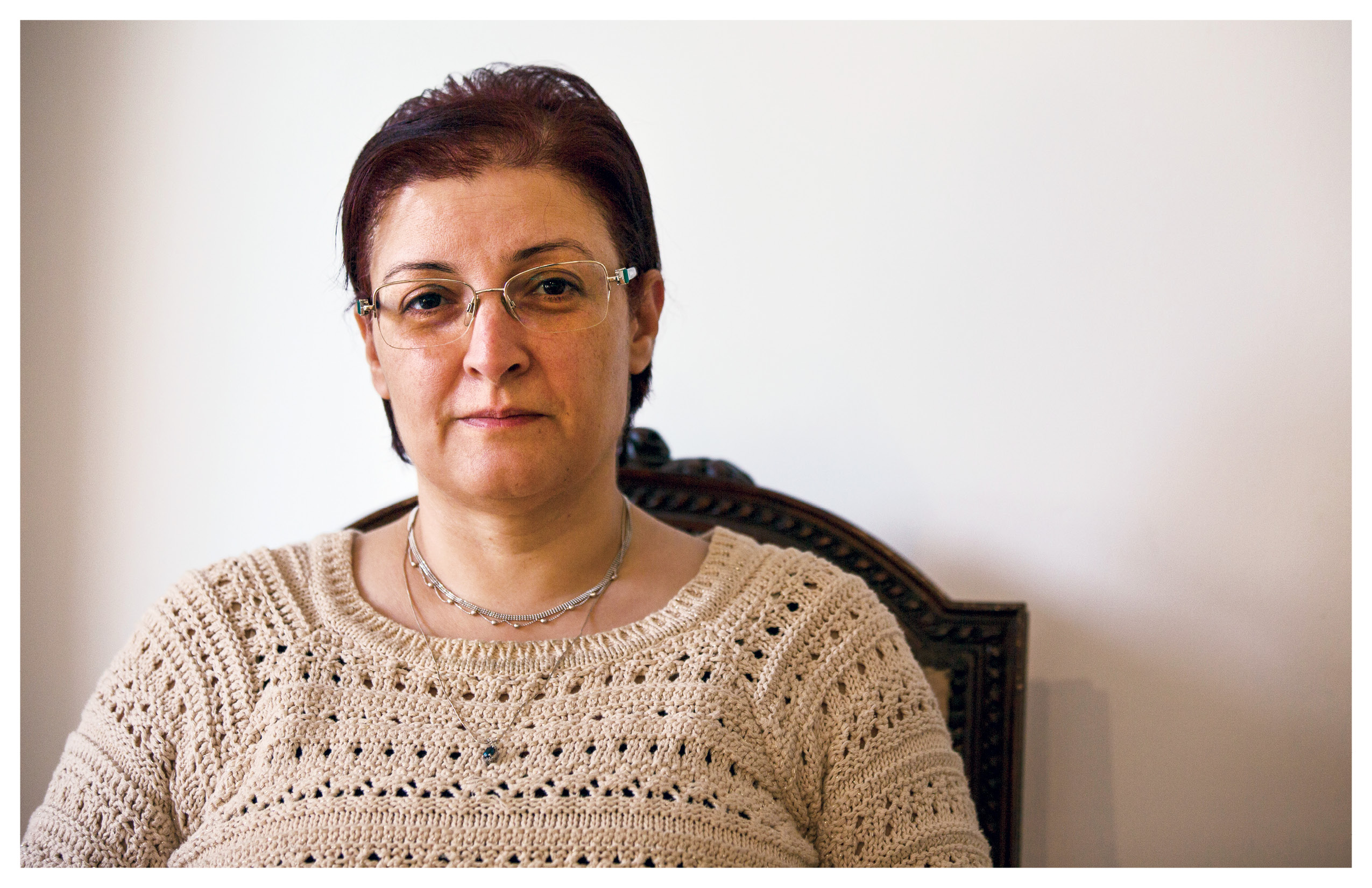
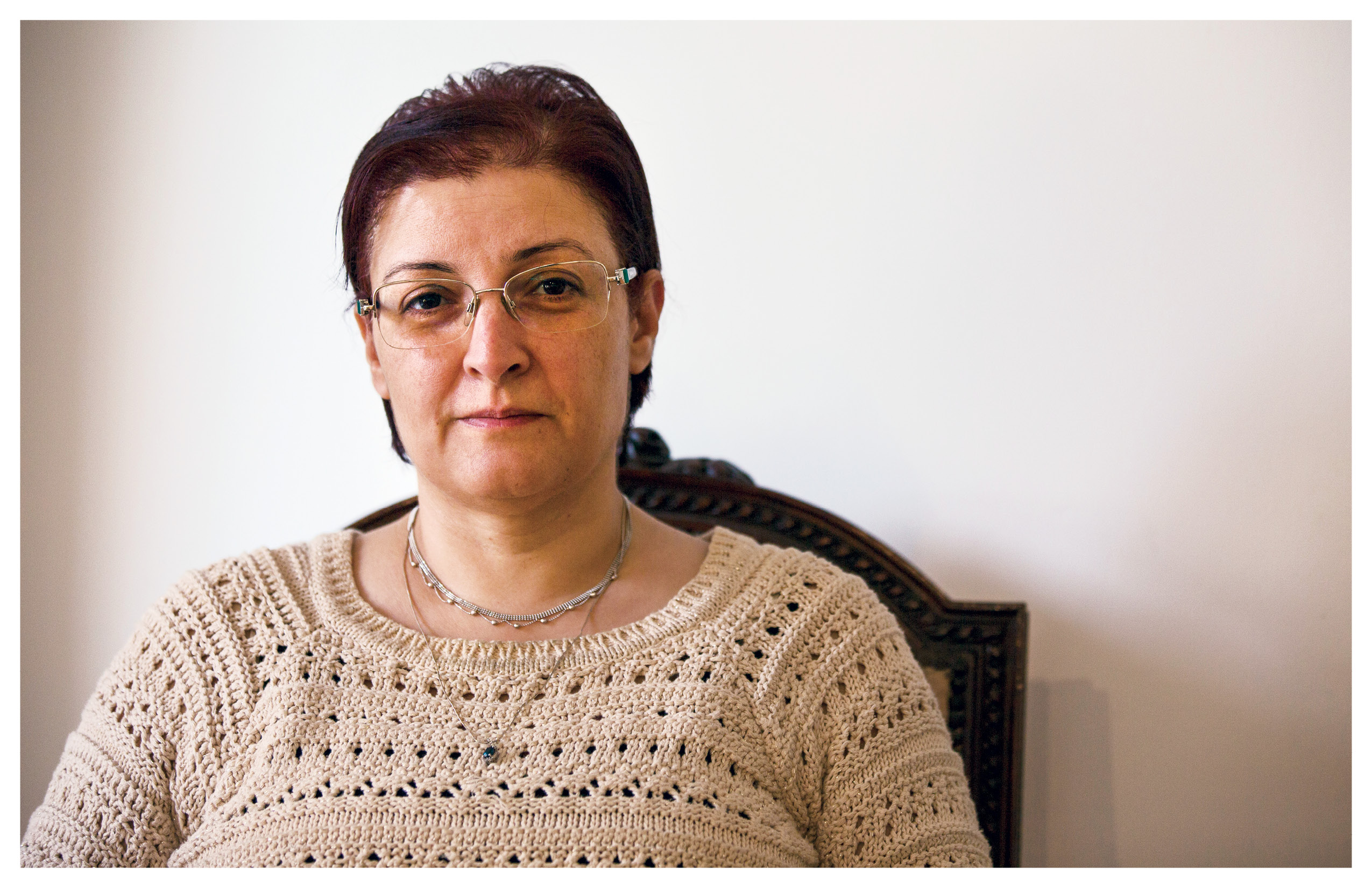
“Some women don’t know they have choices”, Basta says. “I help women make their own health-care decisions based on sound and accurate information.”
“Most women I see are concerned about side effects. But many of these concerns aren’t based on facts. That’s why the pill isn’t popular in Egypt: women mistakenly assume it’ll cause weight gain or give them breast cancer.”
Even though all modern methods of contraception are available through her private clinic, most of her clients choose intrauterine devices, Basta explains. An increasing number of clients are young married women who want to delay pregnancy while they finish their education or start a career.
Women who come to her private practice generally aim to have one child, or a maximum of two. But women she sees at the teaching hospital typically say they wa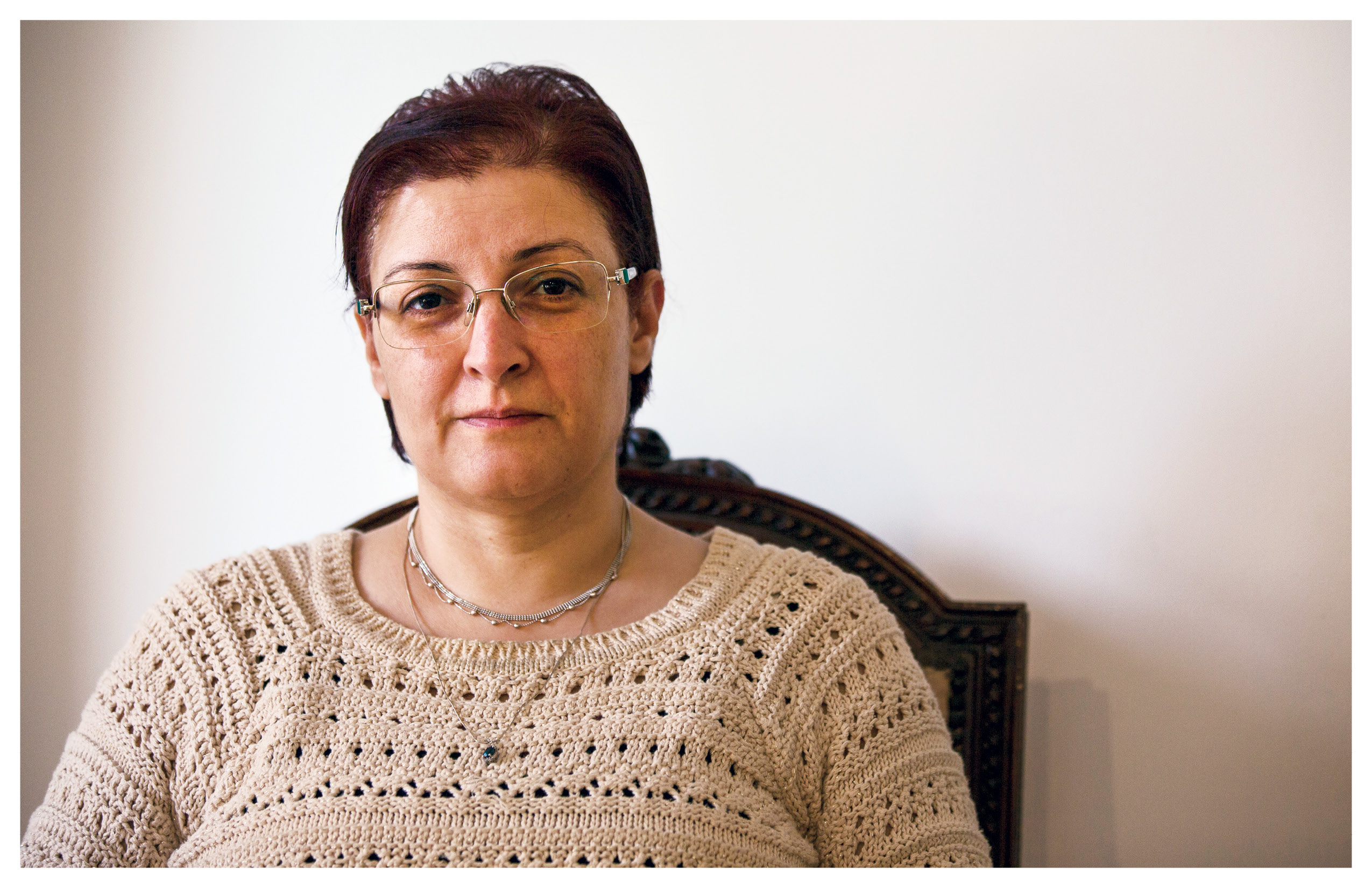
nt five or six children. These women, she says, see children as potential caregivers as parents grow old. They also see children as a source of family stability and wealth.
Birth rates rising
Government and United Nations statistics show that larger families are more common in poorer, rural communities. But large families also correlate with higher rates of child marriage. In Cairo, where about two children per family are common, child marriages account for less than 3 per cent of all marriages. In rural Matruh Governorate, where four or more children are common, child marriages account for about 21 per cent of all marriages.
Today’s 3.5 fertility rate in Egypt is above the 3.1 rate recorded in 2009. Some officials attribute the increase to weaker family planning programmes, which were funded by one major international donor country until about 2006. At that time, Egypt’s economy started growing rapidly, with annual per capita GDP nearly doubling from about $1,400 in 2000 to about $2,600 in 2010. The country’s economic “graduation” resulted in the phase-out of donor funding.
Today, 12.5 per cent of women in Egypt have an unmet need for modern methods of contraception. The rate is even higher in rural parts of the country.
Family planning information campaigns were also scaled back after 2006. In 2005, 80 per cent of respondents to a Demographic and Health Survey said they had heard or seen messages about family planning in the preceding year. A similar survey in 2014 showed that only 20 per cent had received such messages.
Comprehensive sexuality education is not offered in schools. Messages about family planning—and basic information about reproduction—must therefore come from other sources. Through a UNFPA-supported peer education programme, Y-Peer, young people inform other young people about sexually transmitted infections, domestic violence, human rights, relationships and pregnancy.
Mohamad Hassan, 22, a medical student at Al Azhar University in Cairo, volunteers for the Y-Peer programme. He says that 80 per cent of the people who come to his workshops ask for basic information about anatomy.
Population poised to double
At current growth rates, Egypt’s population of 95 million is expected to increase to 119 million by 2030 and could more than double to 200 million by 2100. About 6 in 10 respondents to a 2014 Demographic and Health Survey responded “yes” to a question about whether the country has a “population problem”.
In 2014, the Government launched a national strategy for population and development that aims to slow population growth by supporting couples’ right to decide whether, when or how often to have children.
According to Hussein Sayed of Cairo University’s Faculty of Economics and Political Science, the national strategy, which he helped develop, is all about rights, including reproductive rights. A key feature of the strategy is reducing the unmet need for family planning by half by 2030, particularly in rural areas and urban slums, where services are scarce and the choice of contraceptive methods is limited.
The strategy also tackles illiteracy among girls, to open up their opportunities to enter the paid labour force. Measures include providing cash assistance to poor families on the condition that they keep thei
r girls in school. At the same time, the Government has made education compulsory until the age of 18.
Other actions are designed to promote economic growth, and create jobs and livelihoods for the country’s poor.
Women’s empowerment, inclusive economic development and access to family planning together can enable individuals and couples to make their own decisions about family size.
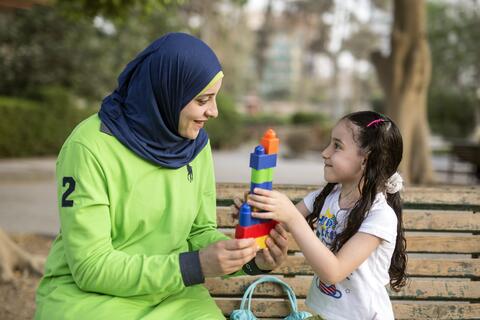
© UNFPA_Roger Anis
A better life for their children
Ahmed and Rasha met 10 years ago at the office where he worked in purchasing and logistics and she worked in data entry. The two dated and soon decided they were a match. They married the following year and had their first child, Mohamed.
Ahmed continued working while Rasha stayed home to care for their child. Four years later, their second child, Raghad, was born. Already when they were engaged to be married, the couple had decided together that they would only have two children. “We don’t need more children”, Rasha says. “We want to secure a better life for the two we have. The most important thing is for them to get a good education.”
Ahmed says he wants to raise their children to have good manners and good principles, and to be well educated. “I want them to have what they need in life to be able to make good choices about their futures.”


